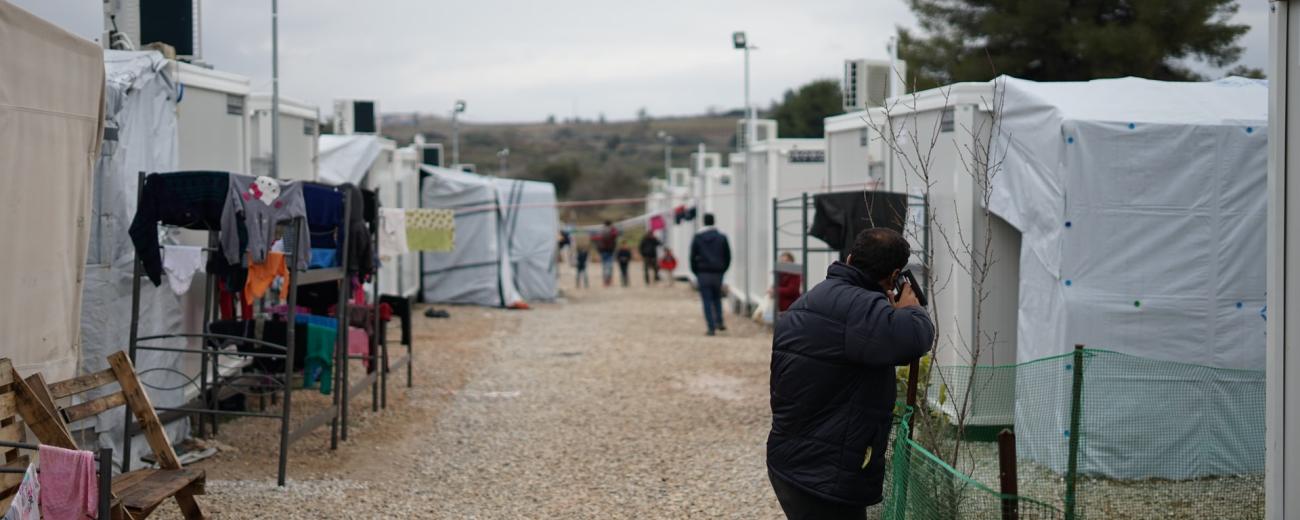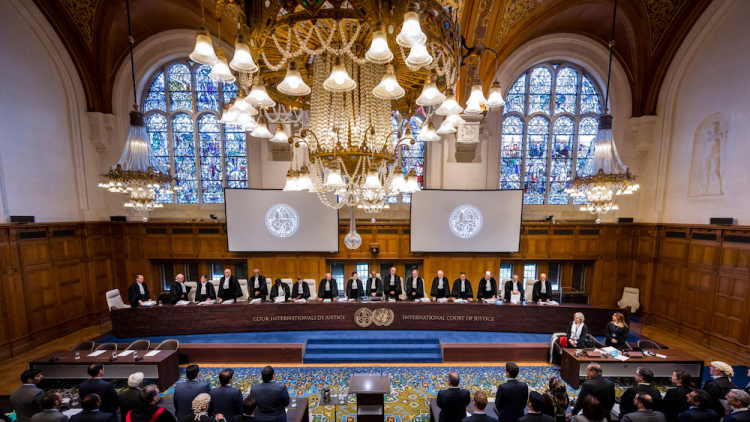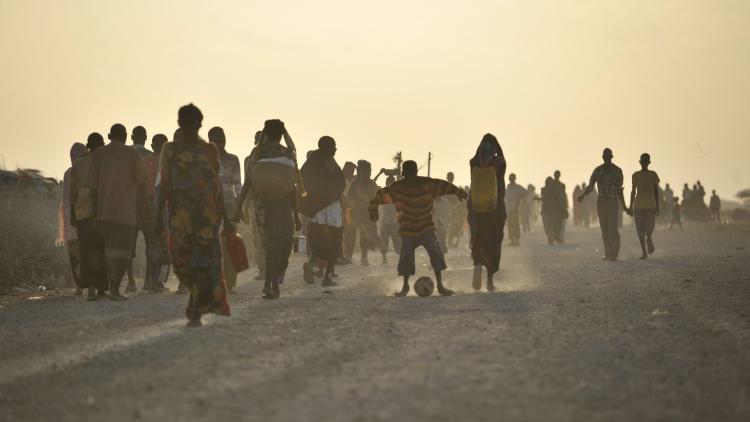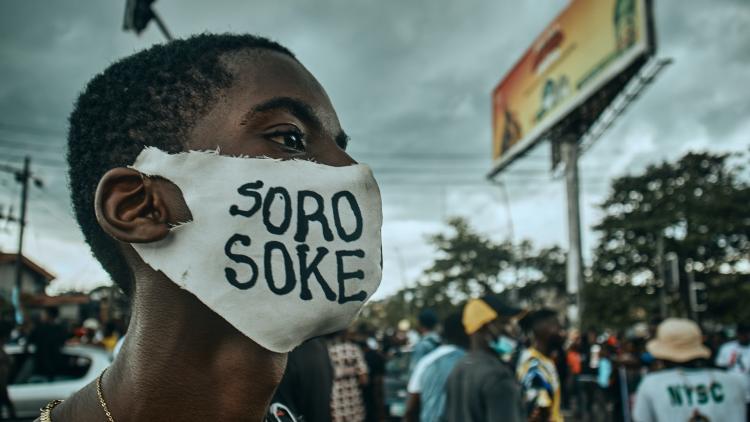MA International Law


Key information
- Start date
- Duration
- 1 year
- Attendance mode
- Full-time or part-time
- Location
- On Campus
- Fees
-
Home student fees: £15,130 per year
Overseas student fees: £25,740 per yearPlease note that fees go up each year.
See postgraduate fees for further details. - Course code
- M3T6
- Entry requirements
-
...
-
A 2:1 degree in a relevant undergraduate degree.
If you have a lower degree classification, your application may be considered if you can present a strong case, either through relevant work experience, other legal qualifications, or a strong supporting statement. References are not required, but can help build a stronger application if you fall below the 2:1 requirement or have non-traditional qualifications.
See international entry requirements and English language requirements.
Course overview
The SOAS MA in International Law provides a diverse and unique range of courses that interrogate critically the theory and practice of international law and explore cutting edge topics of contemporary significance, particularly as they relate to the global south: refugee law and the migrant crisis; climate change and natural resources; the rights of women; gender and armed conflict; international criminal law; the law of armed conflict; multinational enterprises and human rights; sustainable development; and conflict resolution, peace-building and transitional justice.
At SOAS you will not only gain fresh insights into the fundamentals of international law; you will have the opportunity to engage with issues that reflect the research specialisms of our expert teaching staff.
Why study MA in International Law at SOAS?
- SOAS is ranked in the UK top 20 (QS World University Rankings 2023).
- We are ranked 6th in the UK for employability (QS World University Rankings 2023).
- Our research publications have been rated first in the UK - and our School of Law rated sixth in the UK - in the Research Excellence Framework (REF) 2021.
- The MA in international law adopts an innovative, interdisciplinary, and critical approach to teaching and learning that draws on the wider international community of academics, legal practitioners and NGOs both in London and internationally. The various courses deploy a range of innovative teaching and learning methods including: student-led research conferences, student blogs; meet-the-author book review sessions; film reviews; re-enactments of historic international legal events; international law mooting or pleading; and simulated peace negotiations.
- In addition to your chosen courses, as an international law masters student you will join the International Law Master Class. This is a non-assessed course designed to build a research community and nourish your legal research and writing skills, your powers of critical thinking, and your international legal imagination.
- The Master class meets fortnightly and, in any year, may comprise: a walking tour of the international legal geography of London; an archival tour of the international legal history of London; a classroom tour of critical approaches to international law; a practitioner’s tour of contemporary cases in international law; dissertation speed dating; dissertation boot camp; writing retreats; and, uniquely, the opportunity to shape your own learning by selecting topics and speakers at the cutting-edge of international legal scholarship as part of the Afternoon Teas series of the Centre for the study of Colonialism Empire and International Law.
Centre for the study of Colonialism, Empire and International Law
The School of Law is home to the Centre for the study of Colonialism, Empire and International Law (CCEIL) – a hub for inter-disciplinary collaboration and research on international law and its historical and contemporary relationship to colonialism and empire.
The Centre (together with the LSE) is also the institutional home of the London review of international law. As a post-graduate student on the international law masters programme you will become a member of the Centre and join a vibrant research community of international legal scholars and a diverse community of students from all over the world.
Together with our Doctoral students, you will play a role in CCEIL’s research and other activities: hosting the Student Salon; assisting with CCEIL’s events; and organising Afternoon Teas as part of the International Law Master Class. You will also benefit from the various collaborations with other research communities in the Law School, at SOAS and beyond.
Why you?
This programme is ideal for graduates or professionals with no law background but an interest in the theory and practice of international law, particularly as it relates to the global south. You will join an international alumni of graduates from the MA at SOAS many of whom are now working at the UN, in NGOs, in government, in policy work or in academia.
Please note that the MA is tailored to applicants who do not hold a LLB. If you do hold a LLB and are interested in pursuing a masters degree in international law at SOAS, see details of the LLM International Law.
Structure
To facilitate the study of law, all MA students are required to attend a two-week Preliminary Law, Legal Reasoning and Legal Methods in the September before beginning the MA programme. Students must take modules to a total value of 180 credits, consisting of a dissertation (60 credits) and 120 credits of taught modules. Taught modules are worth either 15 or 30 credits. Students who wish to graduate with a specialised MA are required to take at least 60 credits associated with their specialised MA, and the dissertation topic will be undertaken within the MA specialisation.
Please note that not all modules listed will be available every year.
Important notice
The information on the website reflects the intended programme structure against the given academic session. The modules are indicative options of the content students can expect and are/have been previously taught as part of these programmes.
However, this information is published a long time in advance of enrolment and module content and availability is subject to change.
Compulsory
Guided options
Minimum 45cr from List A
Teaching and learning
All Masters programmes consist of 180 credits, made up of taught modules of 30 or 15 credits, taught over 10 or 20 weeks, and a dissertation of 60 credits. The programme structure shows which modules are compulsory and which optional.
Contact hours
As a rough guide, 1 credit equals approximately 10 hours of work. Most of this will be independent study, including reading and research, preparing coursework, revising for examinations and so on. It will also include class time, which may include lectures, seminars and other classes. Some subjects, such as learning a language, have more class time than others.
At SOAS, most postgraduate modules have a one hour lecture and a one hour seminar every week, but this does vary.
Knowledge and understanding
- Students will acquire specialist knowledge of international law.
- This includes, but is not necessarily limited to, knowledge and understanding of the following:
- the theoretical and practical underpinnings of international law;
- the context in which law is made, interpreted, adjudicated, and amended;
- the role played by law, particularly international law in different areas;
- the role and function of legal institutions in managing international law
- the weight and significance of different sources and methodologies.
- Students will develop knowledge of how to locate relevant materials and assess their relevance and/or importance.
Intellectual (thinking) skills
- Students should develop rigor in analysis and assessment of legal arguments.
- Students should develop the ability to understand, summarise and critically assess differing perspectives on theoretical debates.
- Students should develop independence of thought and the confidence to challenge the accepted wisdom.
- Students should learn to identify issues and formulate questions for further research through independent work.
- Students will be encouraged to bring to bear their own previous experience and knowledge in addressing legal issues in an interdisciplinary manner.
Subject-based practical skills
The programme will help students develop the ability to:
- Communicate effectively in writing.
- Research in a variety of specialized research libraries and institutes and online, and retrieve, sift and select information from a variety of sources.
- Present seminar papers and defend the arguments therein.
- Discuss ideas introduced during seminars.
- Develop essay and dissertation research questions.
- Read legal source materials rapidly and critically.
- Present legal arguments in moots and debates.
Transferable skills
The programme will enable students to:
- Write clear research essays and dissertations.
- Structure and communicate ideas and arguments effectively both orally and in writing.
- Read and comprehend significant quantities of reading rapidly and effectively and develop critical faculties.
- Find and use a variety of written and digital materials, especially legal materials, in libraries and research institutes.
- Present (non – assessed) material orally.
- Develop teamwork skills.
SOAS Library
SOAS Library is one of the world's most important academic libraries for the study of Africa, Asia and the Middle East, attracting scholars from all over the world. The Library houses over 1.2 million volumes, together with significant archival holdings, special collections and a growing network of electronic resources.
Scholarships
Employment
SOAS Law graduates leave SOAS as civic minded and critically engaged individuals who can effectively contribute to their communities and societies. With a thorough understanding of the legal dimensions underlying many of our global challenges today, our Law students are valued by employers due to their analytical skills, specialist knowledge, and global perspective.
Recent graduates have been hired by organisations including:
- PwC LLP
- BLM Law
- BloombergNEF
- British Medical Association
- Clifford Chance
- DAC Beachcroft LLP
- Department for Work and Pensions
- EY
- HM Treasury
- Latham & Watkins
- Legal Cheek
- Simpson Millar Solicitors
- The Economist
- Travers Smith
- Vodafone
- World Cancer Research Fund
Find out about our Careers Service.








